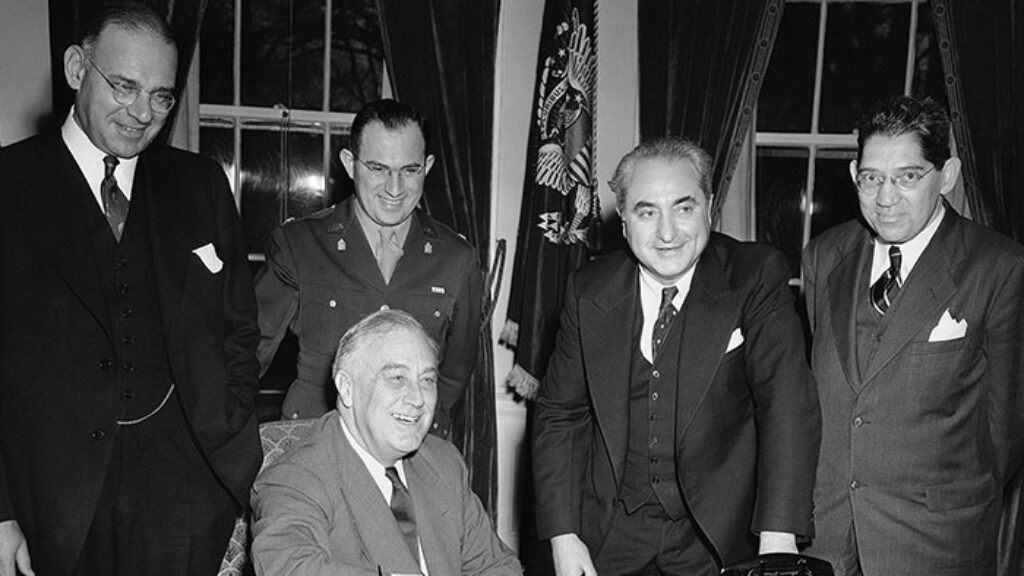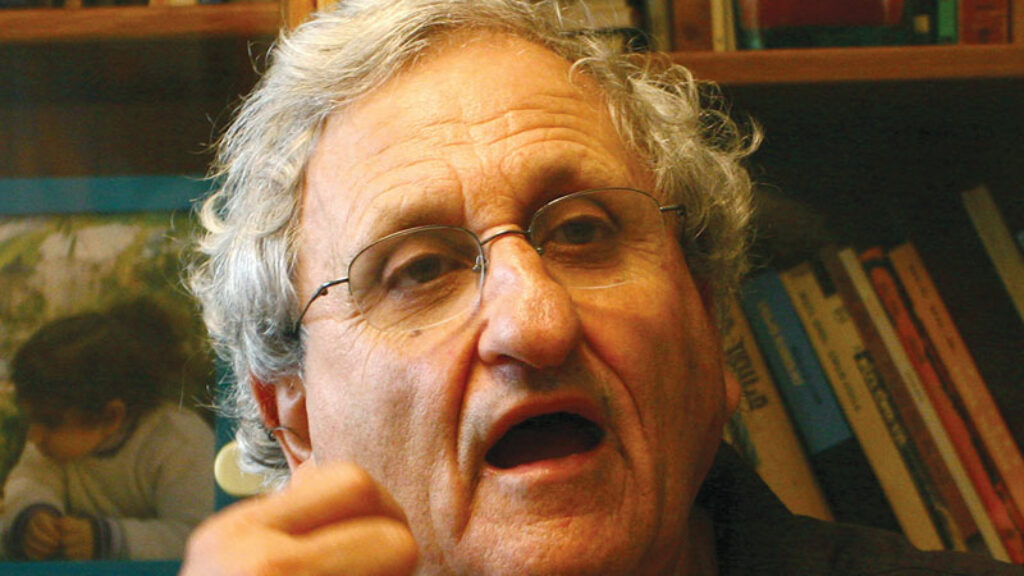Letters, Spring 2016
Reform from Within
In his article on the failings of the Israeli Chief Rabbinate and what ought to come next, Elli Fischer goes too far (“Why I Defy the Israeli Chief Rabbinate,” Winter 2016). All government bodies, including law enforcement, judiciary, and so on, have bureaucratic and political issues. However, an Israel without rabbinic power would be an Israel that was no longer a Jewish state. The Law of Return, for example, requires that someone decide who is Jewish—and this is so fundamental to the Jewish future that it cannot be left up to politicians. Having said that, the Chief Rabbinate could become a regulatory agency and license rabbinic courts, kashrut agencies, etc. However, the way to bring about reform is by working within the system. This, according to Megillat Taanit, is precisely what Shimon ben Shetach did when the Sadducees took over the Sanhedrin.
Avi Keslinger
via jewishreviewofbooks.com
Elli Fischer Responds:
Suffice it to say that I disagree with Mr. Keslinger that the Chief Rabbinate merely has a few predictable “bureaucratic and political issues,” or that an Israel without a politically empowered rabbinic apparatus would no longer be a Jewish state. For more on this topic, see my exchange with four critics, later in this issue.
God-Intoxicated Plenitude
When I read the headline “Re-Intoxicated by God” (Winter 2016), my heart leapt up. And yet it still seems to me that Melamed (and Gottlieb) are missing something. We may have been given intellect to help us find God, but that very intellect can turninto an obstacle to our seeing God. David Ives’s play New Jerusalem: The Interrogation of Baruch de Spinoza at Talmud Torah Congregation: Amsterdam, July 27, 1656, which some might dismiss as too unphilosophical, conveys some of Spinoza’s vision.
Melamed is certainly correct when he writes, “The price we pay for making Spinoza like us is that it is no longer clear why we should have an interest in Spinoza.” But then how should we approach him? I believe that Spinoza had profound experiences of God, and he tried to evoke that experience in his readers. The Ethics is structured to allow those entering into his system not merely to agree with him but to have the experience themselves. I tell my students to read the Ethics Book I Axiom 1: “Everything that is, is either in itself or in another.” I tell them to live with that axiom in their hearts and minds for a week. Let it germinate and then experience what it blossoms into. As Goethe and other poets recognized, Spinoza bequeathed us a magnificent gift.
Carol Ochs
Professor Emerita of Philosophy
Simmons College, Boston
In his review of Yitzhak Melamed’s new book on Spinoza, Micah Gottlieb writes that “Every scholar, it seems, must strike a balance between textual evidence, conceptual clarity, and logical consistency. These will always, and necessarily, be matters of judgment.” As is well known, both Spinoza and Leibniz endorsed what A.O. Lovejoy called the “principle of plenitude”—that reality has no gaps, and thus a kind of fullness that is tantamount to its perfection. Perhaps we can appropriate this principle in assessing the traditions of philosophical commentary. Over time, the richness and variety of interpretations that flesh out a great philosopher’s thought bring to light the issues it addresses in ways that show its fullness and depth.
Not all interpretations are equally well-justified, of course, but embracing the “plenitude” of interpretive possibilities implies an admission of the inherent complexity of reality, and of the manifold ways there are to grasp it. The tradition of commentary a philosopher inspires ought not to be primarily seen as a series of mutually exclusive efforts, with each interpretation supplanting all previous contributions.
Zachary Gartenberg
via jewishreviewofbooks.com
A Bukh Missing in Boisk
Thank you for Abraham Socher’s wonderful little essay “A Party in Boisk” about the joys of the aggada (Winter 2016). However, I wish that Socher had mentioned one more great collection of aggada between the Ein Ya’akov and the compilations of Bialik and Berdichevsky: the wonderful, profuse Mayse Bukh (or Ma’aseh Book), the collection of 250+ aggada and later legends published in Yiddish in the early 1600s. It is a shame that this book is so sadly neglected. It was translated into English by Moses Gaster in the 1930s for The Jewish Publication Society but is long out of print. On a recent Shabbos at my conservative synagogue in suburban Philadelphia, I saw a copy of the original JPS hardcover edition of Gaster’s translation being given away in a bin of unwanted books from the shul’s old library.
I was happy to save it from oblivion.
Barak Bassman
Ardmore, Pennsylvania
Suggested Reading

The Milchik Way
Katchor seems to take his cue from these menus with their meandering columns of dense text; their indirection parallels and feeds his own.

Faith in Princes
That FDR could have done more for the Jews in the Holocaust has long been known, but have we fully understood how much his inaction sprang from his own antisemitism?
Mashed Potatoes and Meatloaf
From overly familiar ingredients, Joanna Hershon has concocted something that is both satisfying and unexpected.

The Wry Comedy of A. B. Yehoshua
Remembering the ebullient spirit and radical fiction of A. B. Yehoshua.
Comments
You must log in to comment Log In